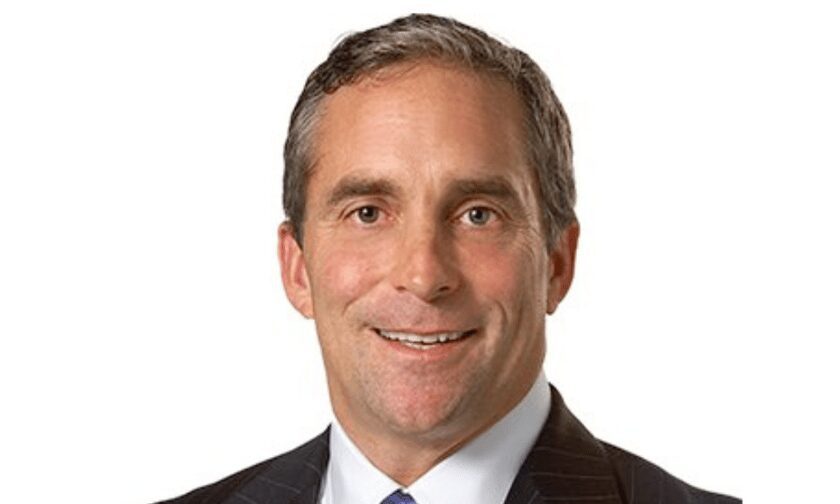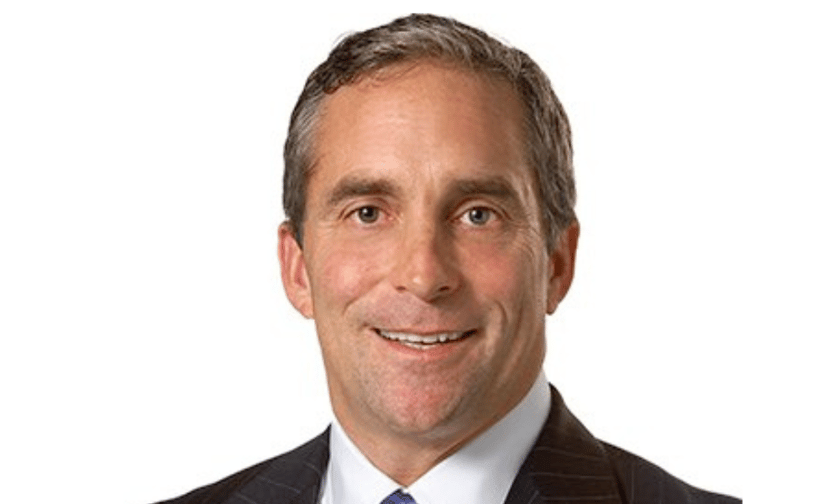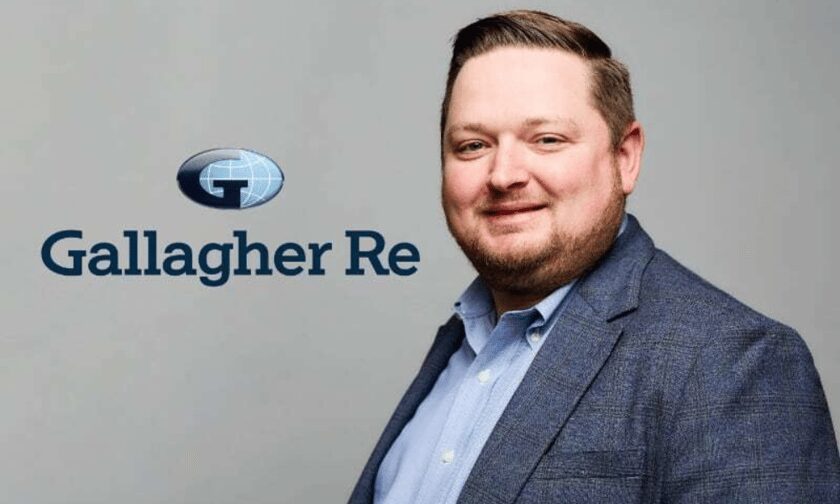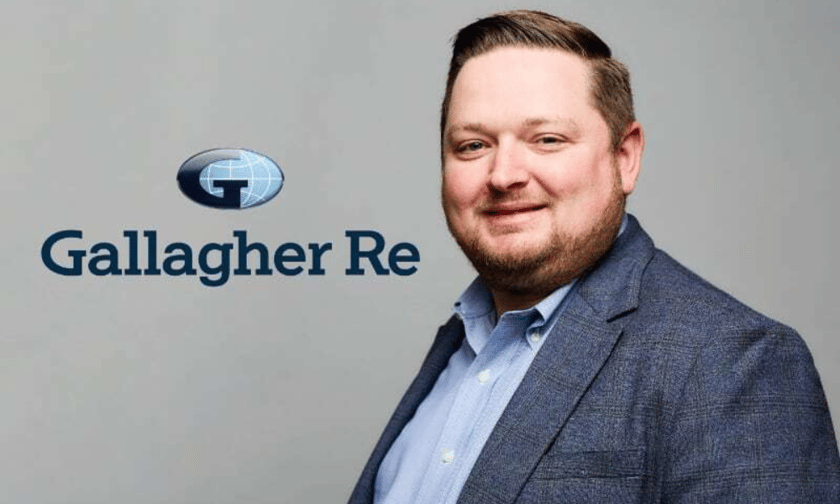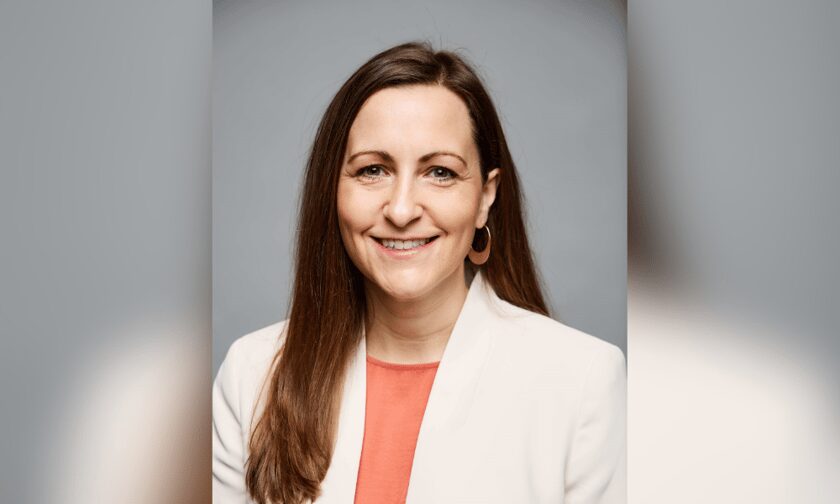
Key hire first joined Gallagher Re in 2021
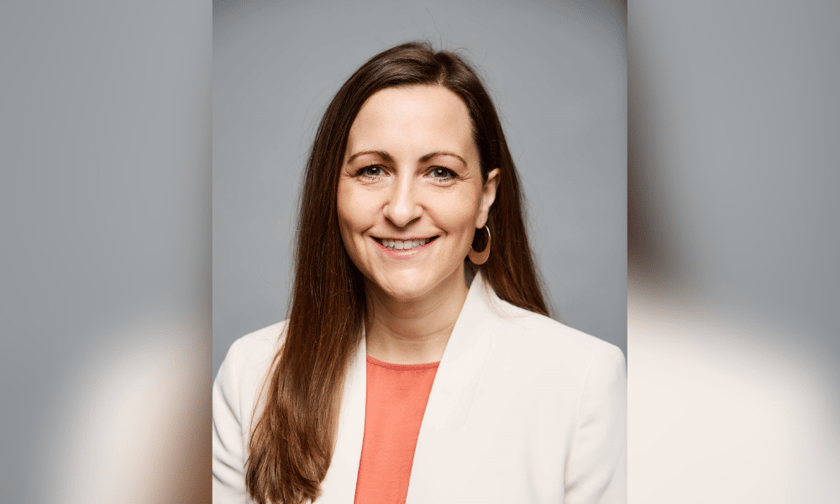
Global reinsurance broker Gallagher Re has announced the promotion of April Engelman (pictured) from executive vice president and operations director for North America to chief operating officer of its North American region.
Gallagher Re North America CEO Brian Flasinski expressed his excitement for Engelman’s new role.
“We are thrilled to welcome April to the North American leadership team,” he said. “April brings a wealth of knowledge across operations, deep expertise and proven leadership — invaluable assets to support the business as we embark on the next chapter of our growth story. We are also excited to have filled this position from our existing talent.”
Who is April Engelman?
Before being a part of Gallagher Re in 2021, Engelman started her career as an account analyst at Willis Re. After three years, she was promoted to treaty analyst and continued climbing up the ladder first as business process manager before becoming senior vice president, regional operations manager – Midwest.
Following Gallagher Re’s acquisition of Willis Re, Engelman then joined the firm as executive vice president, North America operations director, where she became integral to the smooth transition between the firms.
Engelman expressed her sentiments regarding her new role.
“It’s an honor to continue to serve the North American region in this new role, and I look forward to collaborating with the leadership team. We share a passion for the business and dedication to operational excellence, and I look forward to expanding our partnership as we continue to drive the business forward,” she said.
Engelman will be replacing Mark Hansen in the role as he had been recently promoted to Gallagher Re’s chief operating officer. With her promotion immediately taking effect, Engelman will be reporting to Flasinski and will be based in Minneapolis, Minnesota.
Gallagher Re is a reinsurance broker and advisory firm that operates across the risk and capital business.
What are your thoughts on this story? Please feel free to share your comments below.
Keep up with the latest news and events
Join our mailing list, it’s free!

This page requires JavaScript





